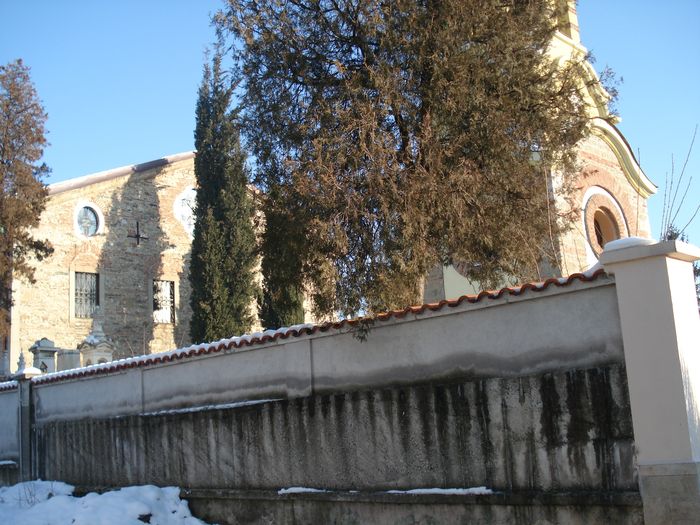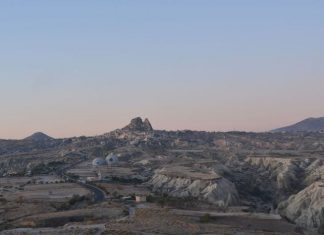There are events when all Bulgarians stand up in defence of their state. On 22 September 1908, the independence of Bulgaria was announced on the hill of Tsarevets. That angered the Great Powers. The Bulgarians broke the unjust Berlin Treaty, which was imposed after the San Stefano one by the right of the mighty. The government of Alexandar Malinov declared categorically that it might have to pay contributions to the Ottoman Empire and the Central Powers but “independence does not cost”. The firm and noble stand of the Bulgarians made the stakeholders recognise legally Bulgarian independence. The formal vassal status in relation to the Sultan was denounced and the Bulgarian diplomatic representatives did not queue at the end of the diplomatic corps. The Principality of Bulgaria united again under the Kingdom.
The statehood process is based not only on traditions and effective institutions but also on the economic life of the Bulgarians, which is organized in a stately manner even when the state is ruined.
Danube Bulgaria
In the early centuries of existence of Danube Bulgaria, the main figures in agriculture, cattle breeding and craftsmanship were the public servant and the private owner or free producer. They functioned in a society without slavery and were capable of developing and keeping high quality of the produce. That included the army supplies and the fortification equipment and combat machines. The intensiveness of the economy in medieval Bulgaria was not decreased by the existence of different categories of dependent population (clerics, serfs, farm-hand, smerds, etc.) and the so-called state peasants, personally free and directly subordinate to the central power, who also included the stratiots – military farmers.
After the 12th century when Bulgaria became again a free state, the expansion of trade and the monetary relations was a new phenomenon. Bulgarian tradesmen visited Constantinople, Thessalonike and other distant lands and imported goods from there. In addition to the Greek, Jewish and Armenian merchants, Venetians and Genoveses sellers in particular were extremely active. The ones from Dubrovnik joined them. They had contracts and organized sites in Bulgaria all the way to the Black Sea and realized an extensive export, too. That was made possible by the high productivity and the guaranteed trademark of over 50 different crafts.
The stability of the major sectors of Bulgarian economy was demonstrated throughout the centuries of Ottoman domination and created favourable conditions for the formation of a wealthy and highly educated class of manufacturers and merchants during the Revival Period. The boom of the economy after the Crimean War (1853-1856) was also a factor for the exceptional activity of the Bulgarian Revival intellectuals in the name of the national liberation.
Read More about St. John`s Eve part 15








